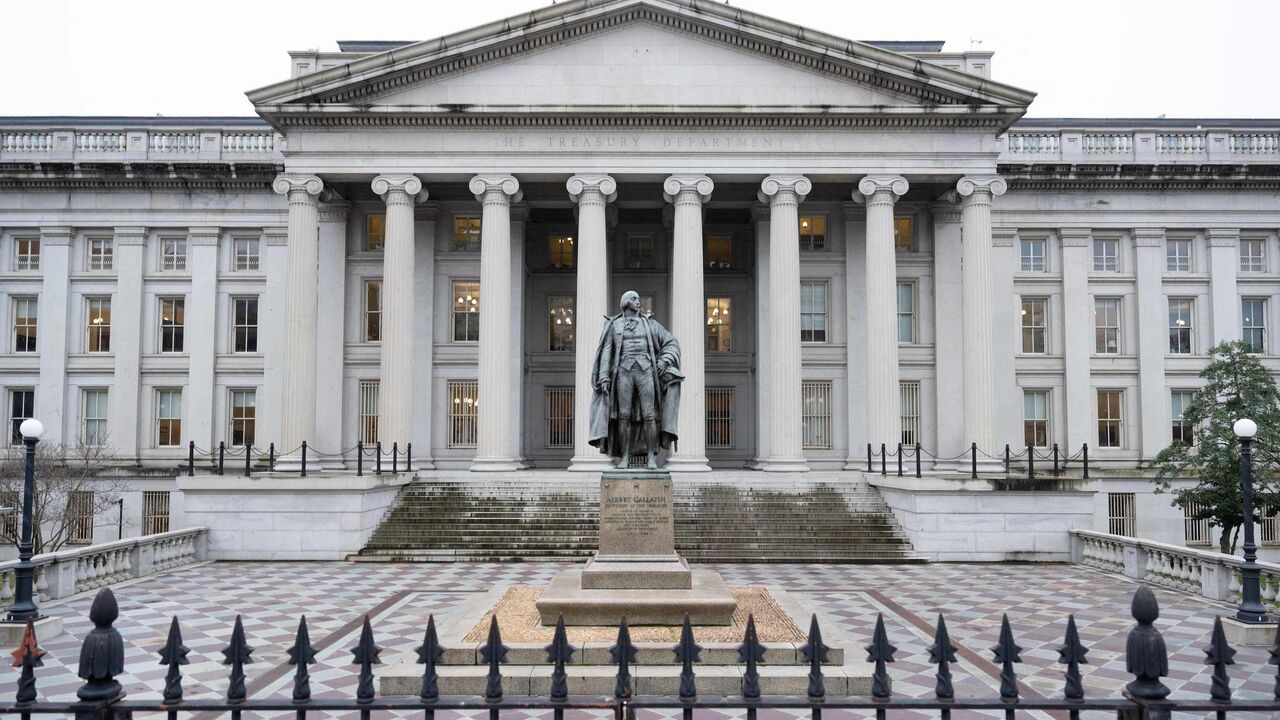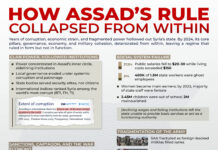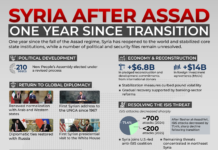
Following a series of sanctions targeting Iranian proxies early this year, the United States has imposed new sanctions on individuals and entities involved in the illicit narcotics trade that supports the Assad regime and Hezbollah. These measures, announced by the US Treasury Department, aim to disrupt a network tied to the production and trafficking of Captagon, a powerful amphetamine that has become a significant revenue stream for both the Assad regime and Hezbollah.
Among the individuals sanctioned is Khaldoun Hamieh, a prominent drug dealer connected to Hezbollah and the Syrian Army’s Fourth Division. The Treasury Department identified Hamieh as a key figure controlling Captagon laboratories in the Sayyida Zeinab area in the Rif Dimashq Governorate near Damascus. This area is heavily influenced by Hezbollah and the Iranian Revolutionary Guard Corps (IRGC), making it a critical zone for illicit activities benefiting the Assad regime.
Hamieh’s operations extend across borders, as he worked with officials at the Lebanese-Syrian border to smuggle Captagon into Jordan, facilitating the transport of large quantities of the drug. The proceeds from these illegal activities were reportedly funneled to the office of Maher al-Assad, brother of Bashar al-Assad and commander of the regime’s notorious Fourth Division, who plays a central role in suppressing revolutionary movements in Syria.
The US sanctions also targeted individuals linked to Hezbollah’s financing apparatus, which generates substantial income through both narcotics trafficking and legitimate business fronts. The Treasury Department emphasized that Hezbollah, backed by Iran, has built a network of commercial enterprises in Lebanon and beyond that serve as vehicles for both financial and logistical support.
According to US officials, Hezbollah’s financing operations have been crucial in sustaining its military and political influence in Lebanon. The sanctions singled out figures such as Silvana Atwi, who manages Hezbollah’s commercial projects, and Haydar Hussam al-Din Abdulghaffar, a prominent member of Hezbollah’s finance team involved in food import schemes that generate profits for the group.
The illegal Captagon trade, now estimated to be worth over $1 billion annually, is run by senior members of the Assad regime, with direct ties to Hezbollah. This drug, primarily produced in Syria, has flooded markets across the Middle East and Europe. The US Treasury stressed that the Captagon industry has evolved into a vast criminal enterprise, enriching both the Assad regime and its allies, undermining the region’s stability in the process.
The US government’s latest sanctions are part of efforts to curb Hezbollah’s access to international financial systems and weaken the Assad regime’s reliance on illicit trade. These actions, which include freezing assets and prohibiting US entities from doing business with sanctioned individuals, are also aimed at pressuring both the Assad regime and Hezbollah to halt their destabilizing activities in the region.








